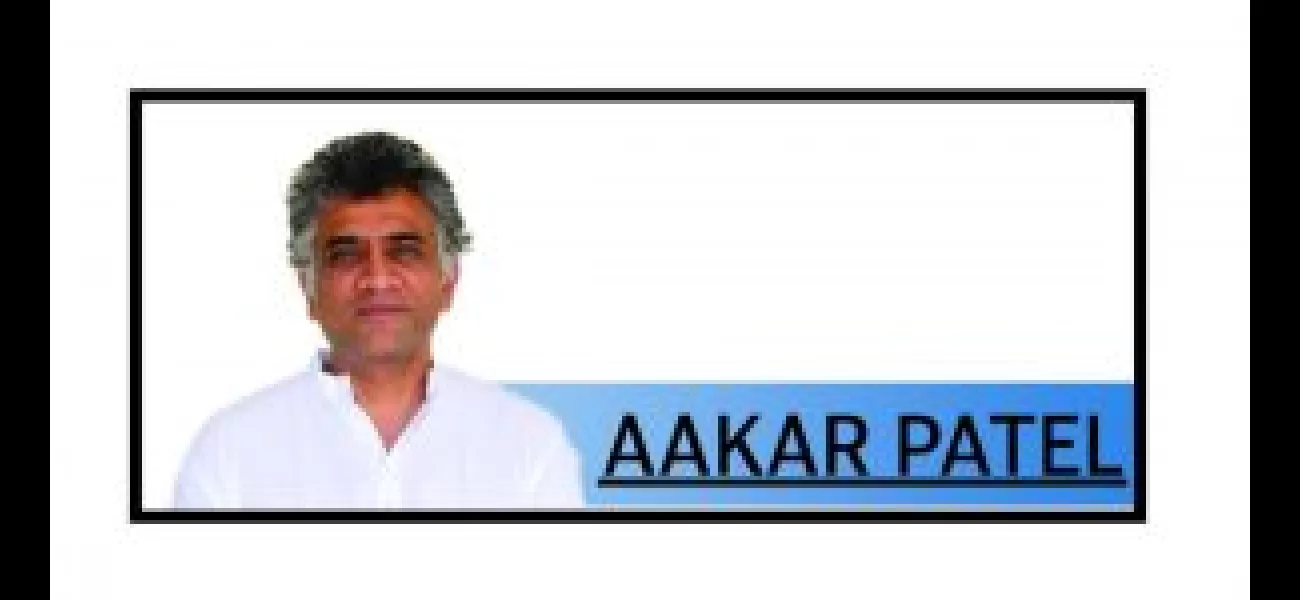Truthful claims
India criticized a US report on religious freedom, calling it biased and lacking understanding of Indian society, driven by vote bank politics.
June 30th 2024.

On 28 June, the Indian foreign ministry released a strong statement addressing a report by the United States State Department on religious freedom in our country. We expressed our disappointment with the report, stating that it was biased and lacked understanding of India's social fabric. We also believed that it was driven by political considerations rather than a genuine attempt to understand the situation in our country. As a result, we rejected the report and criticized the primary source on which it was based, calling it a mix of false accusations, selective use of facts, and biased sources.
However, our statement failed to address the specific accusations made by the US State Department. Instead, we added a couple of hundred words talking about our laws and sovereignty, which did not directly confront the allegations against us. The US foreign minister highlighted two concerning issues in India - the involvement of local police in disrupting worship services and the increasing number of anti-conversion laws and hate speech. These are facts that cannot be ignored or denied. As a country, we cannot simultaneously take pride in our government's actions and disown them.
It would have been more appropriate for us to address these concerns directly. Instead, we ended our statement by pointing out incidents of hate crimes, attacks on minorities, and other forms of violence in the US. While it is important to highlight human rights violations in other countries, it should not be used as a defensive response to valid criticisms against us.
The report in question is an annual publication by the United States Commission on International Religious Freedom (USCIRF), an independent and bipartisan entity of the US government. For the past five years, the USCIRF has consistently recommended sanctions against Indian leaders and institutions. However, the US government has chosen to avoid imposing these sanctions, both under the Trump and Biden administrations. This is not the first time that India has been on the USCIRF's list of countries persecuting minorities. Last year, our foreign ministry dismissed the report as biased and inaccurate, stating that it demonstrated a lack of understanding of India's constitutional framework and diversity.
However, this statement is inaccurate. Having personally engaged with the USCIRF, I can attest to their extensive knowledge of India. In fact, one of the USCIRF commissioners, Johnnie Moore, wrote a heartfelt note in the 2021 report, expressing his love for our country and acknowledging its diverse religious landscape. He also highlighted the challenges that India is facing in terms of preserving social harmony and protecting the rights of all its citizens, especially minorities. These are the people whose views we have dismissed as biased, without considering the validity of their claims.
Even if we were to assume that the USCIRF is biased, as our foreign minister and ministry claim, it does not change the fact that there are legitimate concerns about the persecution of minorities in India. These concerns are not based on the report alone, but can also be seen in the daily news and media coverage. It is our responsibility as a democracy to address and rectify these issues, rather than dismissing them as biased opinions.
While it is commendable that we have highlighted human rights violations in the US, it should not be used as a knee-jerk reaction to criticism against our own country. As a democracy that prides itself on its values and principles, we should conduct a thorough and introspective analysis of our actions, rather than retaliating with superficial statements. It is time for us to address and rectify the flaws within our own system, rather than deflecting attention to other countries.
However, our statement failed to address the specific accusations made by the US State Department. Instead, we added a couple of hundred words talking about our laws and sovereignty, which did not directly confront the allegations against us. The US foreign minister highlighted two concerning issues in India - the involvement of local police in disrupting worship services and the increasing number of anti-conversion laws and hate speech. These are facts that cannot be ignored or denied. As a country, we cannot simultaneously take pride in our government's actions and disown them.
It would have been more appropriate for us to address these concerns directly. Instead, we ended our statement by pointing out incidents of hate crimes, attacks on minorities, and other forms of violence in the US. While it is important to highlight human rights violations in other countries, it should not be used as a defensive response to valid criticisms against us.
The report in question is an annual publication by the United States Commission on International Religious Freedom (USCIRF), an independent and bipartisan entity of the US government. For the past five years, the USCIRF has consistently recommended sanctions against Indian leaders and institutions. However, the US government has chosen to avoid imposing these sanctions, both under the Trump and Biden administrations. This is not the first time that India has been on the USCIRF's list of countries persecuting minorities. Last year, our foreign ministry dismissed the report as biased and inaccurate, stating that it demonstrated a lack of understanding of India's constitutional framework and diversity.
However, this statement is inaccurate. Having personally engaged with the USCIRF, I can attest to their extensive knowledge of India. In fact, one of the USCIRF commissioners, Johnnie Moore, wrote a heartfelt note in the 2021 report, expressing his love for our country and acknowledging its diverse religious landscape. He also highlighted the challenges that India is facing in terms of preserving social harmony and protecting the rights of all its citizens, especially minorities. These are the people whose views we have dismissed as biased, without considering the validity of their claims.
Even if we were to assume that the USCIRF is biased, as our foreign minister and ministry claim, it does not change the fact that there are legitimate concerns about the persecution of minorities in India. These concerns are not based on the report alone, but can also be seen in the daily news and media coverage. It is our responsibility as a democracy to address and rectify these issues, rather than dismissing them as biased opinions.
While it is commendable that we have highlighted human rights violations in the US, it should not be used as a knee-jerk reaction to criticism against our own country. As a democracy that prides itself on its values and principles, we should conduct a thorough and introspective analysis of our actions, rather than retaliating with superficial statements. It is time for us to address and rectify the flaws within our own system, rather than deflecting attention to other countries.
[This article has been trending online recently and has been generated with AI. Your feed is customized.]
[Generative AI is experimental.]
0
0
Submit Comment





